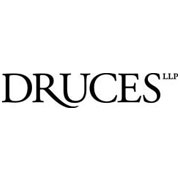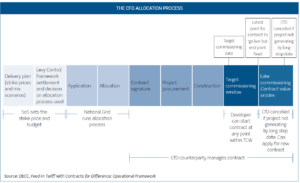
UK immigration: winter 2012-13 update | Magrath Sheldrick LLP
In November 2012, the government introduced yet more changes to the immigration rules, the majority of which came into force from 13 December 2012.

In November 2012, the government introduced yet more changes to the immigration rules, the majority of which came into force from 13 December 2012.

The non-banking financial sector in India is regulated by the Reserve Bank of India (RBI). The RBI had set up a working group under the chairmanship of Usha Thorat, to review the regulatory framework for non-banking financial companies (NBFCs). The working group submitted its report in August 2011, suggesting certain amendments to the regulatory framework …

Our article in The In-House Lawyer’s March 2010 issue (‘The effective use of liens to protect against the collapse of corporate customers’, issue 178, p41-43) dealt with the need for logistics services providers to have an effective contingency plan to cope with the prospect of their retailer customers defaulting on payments or going into administration …
Continue reading “Freight forwarder’s contractual lien versus the administration moratorium”

There has been much hype surrounding the new European unitary patent system and what it means for business. This article aims to explain the new regime in clear terms, setting out the key things you need to know to help your client prepare for the changes.

In R (on the application of Prudential plc & anor) (appellants) v Special Commissioner of Income Tax & anor (respondents)[2013], the Supreme Court has held, by a majority of 5:2, that legal advice privilege (LAP) does not apply to communications between a client and an accountant seeking and giving legal advice on tax law. As …

Faced with a potentially unsafe product, the in-house lawyer has a critical role in ensuring that relevant notifications are made to appropriate authorities within set timeframes. Failure to comply with the General Product Safety Directive can make a difficult situation for the company even worse.

Commercial parties regularly contract to use ‘reasonable’, ‘all reasonable’, or ‘best’ endeavours to achieve an outcome. Are they wise to do so? What better language could they use?

The referendum on Scottish independence, to be held by the end of 2014, naturally raises questions about how the Scottish tax system might develop if Scotland becomes an independent country. There is also an expectation that even in the event of a ‘no’ vote, more taxes will be devolved to Scotland, with all the unionist …
Continue reading “Scotland’s constitutional future: a taxing question”

As a general rule, the English courts will not enforce an illegal contract or provide for any other remedies that arise out of it. However, in determining the consequences of illegal acts carried out pursuant to a contract, the courts will distinguish between those contracts that are said to be illegal at their formation, and …

The revised Energy Bill was published on 29 November 2012 after extensive consultation following publication of the government’s electricity market reform (EMR) proposals in December 2010. The Bill will push through fundamental reforms to the UK electricity market that will affect the entire sector in one shape or form.